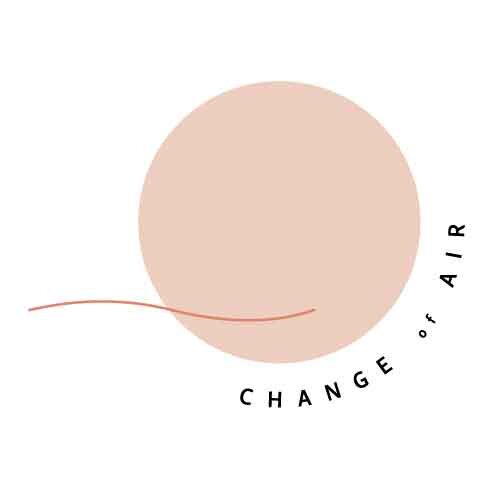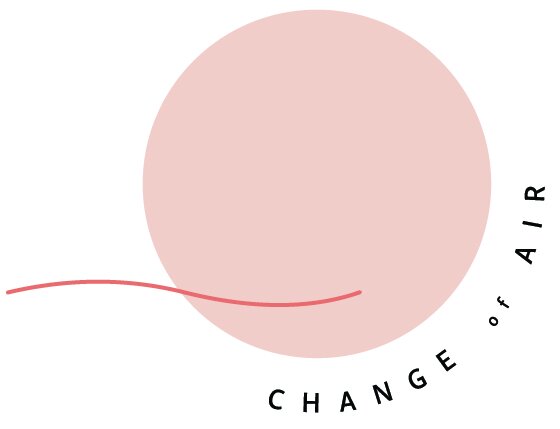ACoAs at Work
When I first shared with you all that I was working on an episode about work and ACoAs and why/how we end up in toxic workplaces — or, reframed, workplaces that are toxic for us - I asked you about your experiences with work. With navigating it. With wanting to get out, and staying. And then not respecting yourself because you keep staying (which is also complicated when it’s self-worth + money to pay bills).
I asked you a few questions and you answered. You know how I KNEW I had to talk about this? I’ve never received more responses to a single set of questions in four years of Change of Air. You had a LOT to say. Hundreds of you. Which is a lot for Change of Air story replies, trust me.
What did you share?
I asked - Have you ever worked in a toxic workplace? 97% of you said yes.
I asked - Are you currently in a toxic or unhealthy workplace? 66% of you said yes.
I asked - If you got out of a toxic workplace, was it your choice to leave? 87% said yes (go, you!)
I asked - What’s the #1 reason you stayed in a toxic workplace?
I asked - What did you/do you need the most help with around how you feel at work?
Your answers were voluminous, pouring in. It was quite clear we need to spend a lot more time unpacking why we are feeling so awful at work, so stuck and also how we might be particularly drawn to overworking, to workplaces that allow us to overwork, and how to tell the difference between what is a truly toxic environment and what might feel toxic to us based on our own triggers and and where we’re at in our own healing.
It’s a lot to unpack, but unpack it we must.
In this week’s podcast episode, I share my experiences with workaholism, why I have been so drawn to (and addicted, to be honest) gaining my self-esteem through work, and what we can do about it.
A few resources shared in the episode include:

